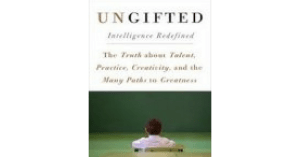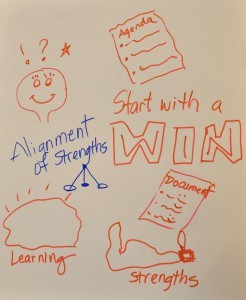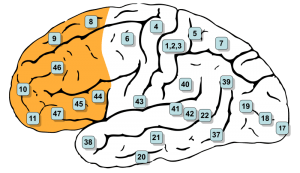What are intelligence, creativity, and talent? How can we measure them? Are they innate, or learned? And how can we each uncover our own? Scott Barry Kaufman tackles all of these important questions and many more in Ungifted: Intelligence Redefined. I found the book compelling, well-researched, and powerful, especially because Kaufman speaks both from his read more…
Ungifted: Intelligence Redefined







